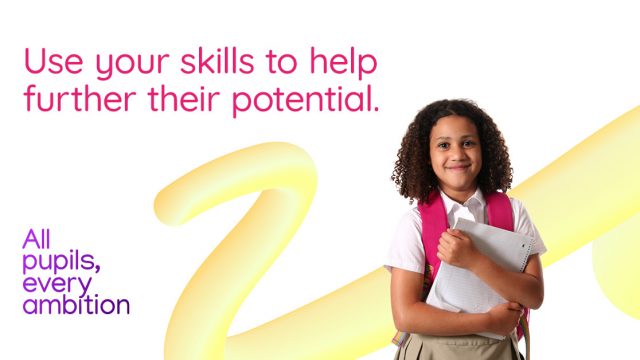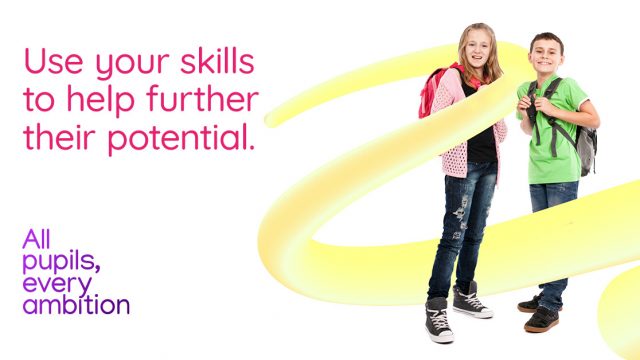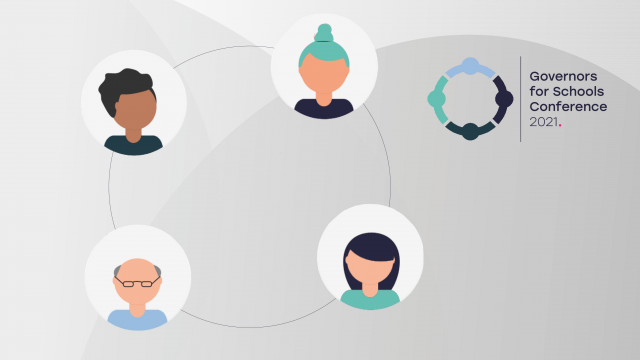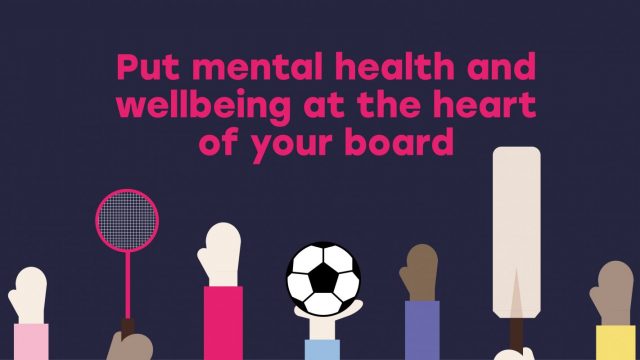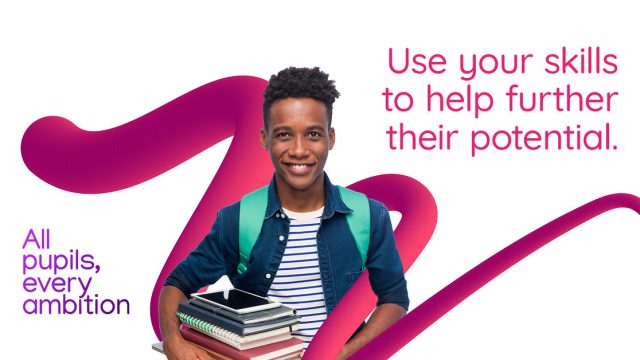
As an increasing attainment gap is becoming evident in the classroom – how can you help schools to ensure all pupils meet their potential?
With the pandemic stretching beyond 2020 and the aftermath of school closures still being keenly felt in communities across England and Wales, now is a critical time to make sure all pupils are given the best opportunities to develop and achieve. Pre-pandemic studies by Education Policy Institute show that the attainment gap between children from lower-income and…
